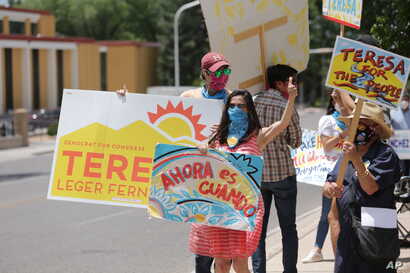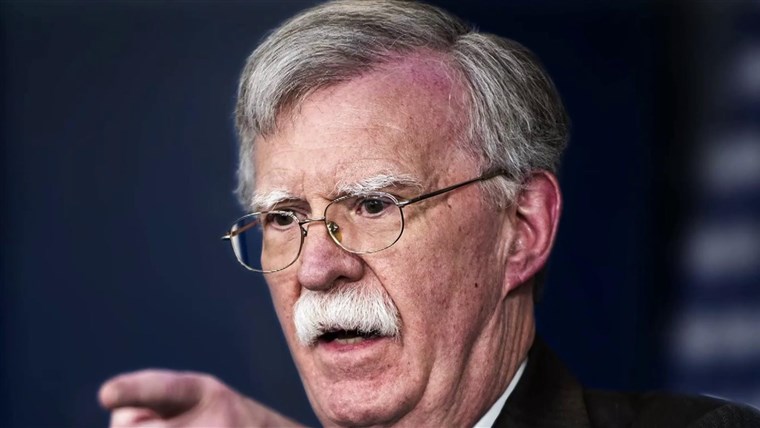Advertisement
John Sullivan, the deputy secretary of state, told lawmakers he believed the president’s personal lawyer was involved in the plot to remove the ambassador to Ukraine.

WASHINGTON — John Sullivan, the deputy secretary of state, said on Wednesday that President Trump’s personal lawyer Rudolph W. Giuliani was involved in a smear campaign to oust the ambassador to Ukraine, publicly confirming a key part of the saga behind the impeachment inquiry.
Jumping into an impeachment fight that so far has been waged in the House behind closed doors, Senate Democrats used Mr. Sullivan’s nomination to be President Trump’s next ambassador to Russia to bring the drama into the open. Mr. Sullivan, testifying under oath and on camera before the Senate Foreign Relations Committee, corroborated private testimony from one of House Democrats’ central impeachment witnesses, Marie L. Yovanovitch, the former ambassador to Ukraine.
Pressed on whether he believed it was appropriate for the president to demand investigations into domestic political opponents, Mr. Sullivan said, “I don’t think that would be in accord with our values.”
How and why Ms. Yovanovitch, the former envoy to Ukraine and a longtime diplomat, was recalled from her job has become a question at the heart at the impeachment investigation into whether Mr. Trump enlisted a foreign government to target his political opponents. While Mr. Sullivan did not reveal significant new information, he testified on camera, and became the highest ranking official to publicly affirm that Ms. Yovanovitch had served “admirably and capably.” He also went on the record with his belief that Mr. Giuliani helped to coordinate an effort to denigrate her.
“My knowledge in the spring and summer of this year about any involvement of Mr. Giuliani was in connection to a campaign against our ambassador in Ukraine,” Mr. Sullivan said.
Asked by Senator Robert Menendez of New Jersey, the top Democrat on the Foreign Relations Committee, whether he believed Mr. Giuliani was “seeking to smear Ambassador Yovanovitch, or have her removed,” Mr. Sullivan replied: “I believed he was, yes.”
He did not say why he suspected Mr. Giuliani’s involvement.
Mr. Sullivan emerged as a player in the impeachment inquiry after Ms. Yovanovitch testified about a conversation she had with him this year about her dismissal. She recounted to House investigators this month that Mr. Sullivan told her “that this was not like other situations where he had recalled ambassadors for cause” and that “there had been a concerted campaign against me.”
Mr. Sullivan confirmed her account on Wednesday, telling the Senate committee that he told her she had done nothing wrong, but that the president had lost confidence in her. He added that it is a president’s prerogative to recall diplomats he believed he could no longer trust.
In his retelling, Mr. Sullivan asked Mike Pompeo, the secretary of state, why the president had lost confidence in Ms. Yovanovitch.
“I was told that he had lost confidence in her, period,” Mr. Sullivan told lawmakers.
In detailing the campaign against the former envoy, Mr. Sullivan also brought clarity to a bizarre episode that unfolded on Capitol Hill this month, after the State Department’s independent watchdog briefed lawmakers on a mysterious packet containing conspiracy theories and smears against multiple figures, including Ms. Yovanovitch. Mr. Giuliani had previously confirmed that some of the documents in the packet, which laid out a record of contacts between Mr. Giuliani and Ukrainian prosecutors, were his.
That packet was given to Mr. Sullivan by a counselor at the State Department, who in turn received it “from someone at the White House,” he testified. Mr. Sullivan said he referred the folder to his department’s inspector general and the Justice Department out of caution, so officials could investigate “who was giving it to us to influence us” and whether it contained any factual information.
“It didn’t provide, to me, a basis for taking action against our ambassador,” Mr. Sullivan said.

